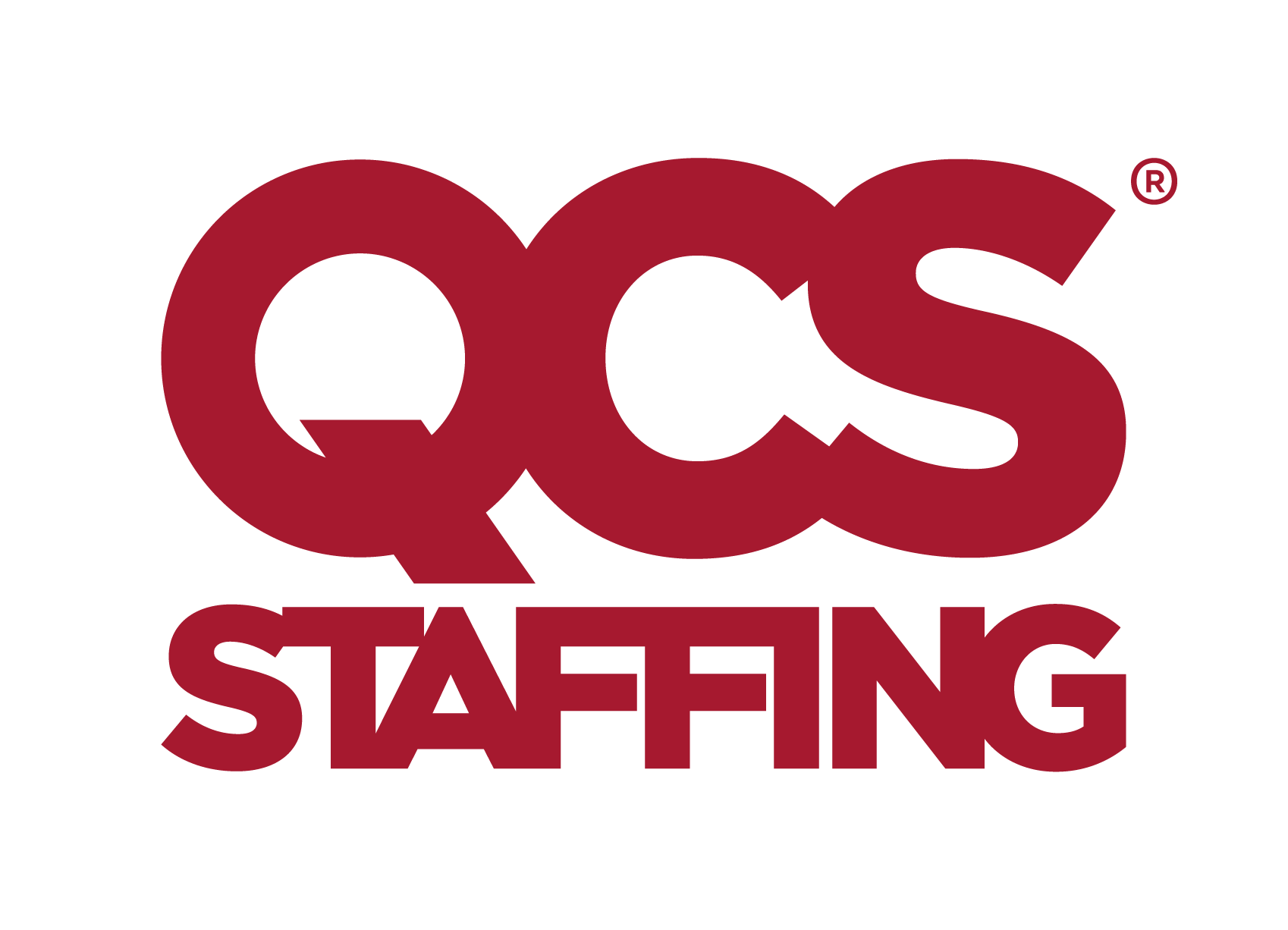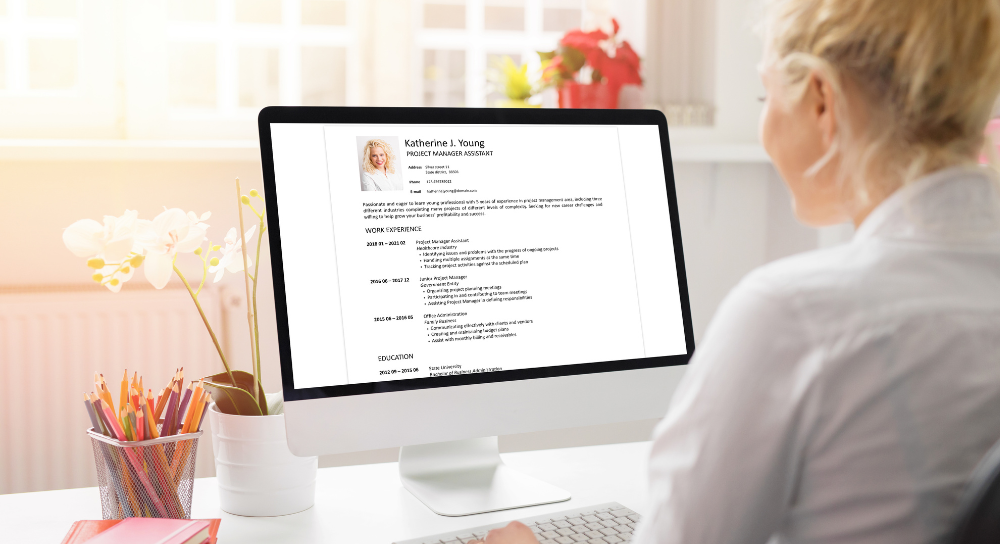CV and interview tips for jobs in Pharmacovigilance
Pharmacovigilance jobs are fairly niche in the diverse and far-reaching field of healthcare. Therefore, when preparing your application, it is essential to home in on your technical knowledge as well as all the other qualities that make you the ideal candidate.
Preparing to answer common interview questions, researching the role and building a relevant CV are easy wins and can make the difference to landing your dream pharmacovigilance job. Check out our CV and interview tips below that’ll help you elevate your application.
What do you need to include in your pharmacovigilance CV?
Your pharmacovigilance CV won’t stray too far from the standard format, but the best piece of advice we can give you is to build your CV with the specific role you are applying for in mind. Study the job description, research the company and tailor your CV to reflect the duties and skills required in the role.
But it is important to get the basics right. Hiring managers and recruiters will receive multiple CVs a day – so only include the most relevant information to your application.
- Contact information: List your details below your name at the head of the CV. That way, they are easy to find, and you are easy to contact.
- Professional summary: A few sentences that summarise your professional experiences, some detail about your character, qualifications, and the role you are looking for are a great snapshot for the hiring manager to get to know you.
- Lead with qualifications: As pharmacovigilance jobs require formal qualifications (life sciences related degrees) this will be one of the first things a hiring manager will look for.
- Professional experiences: Experience with pharmacovigilance reporting, clinical experience and working with quality guidelines and regulations (GxP) are highly sought-after in pharmacovigilance professionals.
- Your skills: Match your skills to those described in the job advert. For an insight to the skillsets most in demand, check out our summary of 5 key skills needed for a job in pharmacovigilance.
How do I prepare for my Pharmacovigilance job interview?
As with any interview, you want to be able to walk into the room confident that you have the knowledge and skillset that will land you the job. The interviewer will want to know exactly why you are a good fit for this job and this company, so we suggest spending some time getting familiar with the job requirements, company and their latest developments and projects.
Pharmacovigilance roles in particular place huge emphasis on keeping up to date with current events. Regulations and legislations change all the time; your interviewer will be looking for signs that you are well informed We recommend the following resources for the latest news in pharmacovigilance:
· Biomapas
· The European Medicines Agency
· World Health Organization (WHO)
· The Organisation for Professionals in Regulatory Affairs (TOPRA)
Some common Pharmacovigilance interview questions:
Knowledge based questions: Prepare yourself by freshening up your basic pharmacovigilance, regulatory body and clinical assessment knowledge ahead of your interview. Some technical questions might be:
- What is day zero in pharmacovigilance?
- What is the difference between an adverse event and adverse drug reaction?
- What are solicited and unsolicited adverse events?
- What are regulatory bodies for?
Competency based questions: You will also be asked competency-based questions related to your previous experiences and how you would approach various pharmacovigilance situations. For example:
- Describe how you would report an adverse drug reaction?
- How do you protect the privacy of patients when reporting ADR?
- What are some good pharmacovigilance practises? Discuss how you have used them in the past.
- Describe a time when you had to use your problem-solving skills in a clinical setting.
- How do you stay up to date with the latest developments in pharmacovigilance
We recommend formulating your responses using the popular STAR technique:
- Situation: give some context to the situation
- Task: address the specific task or challenge that the situation presented
- Action: what specific action did you take to resolve the task, how, and why?
- Results: what were the results and benefits from this?
How can QCS Staffing help?
From finding your role, refining your CV, preparing for your interview and supporting you throughout the whole process, our pharmacovigilance recruitment team are here help. We stay up to date with the latest developments in pharmacovigilance, ensuring our candidates are in the know and able to achieve the career of their dreams. Get in touch with us today or take a look at our pharmacovigilance job opportunities.







